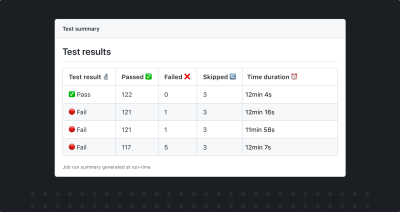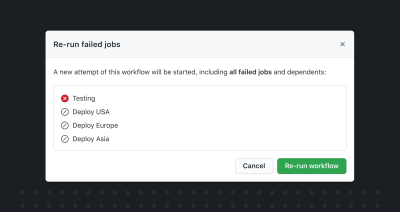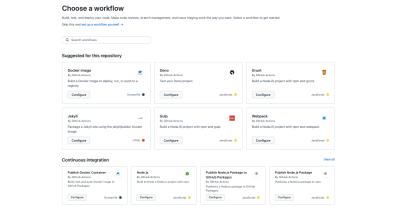
GitHub Actions: macOS 12 for GitHub-hosted runners is now generally available
The macOS 12 Actions runner image is now generally available. Start using GitHub Actions to build and publish apps for the Apple ecosystem with the latest version of Xcode by…






